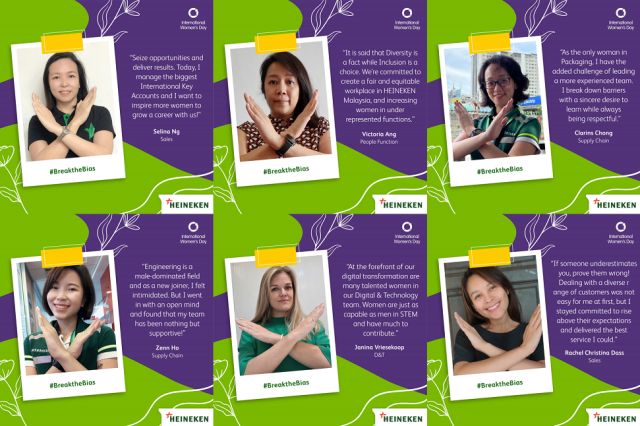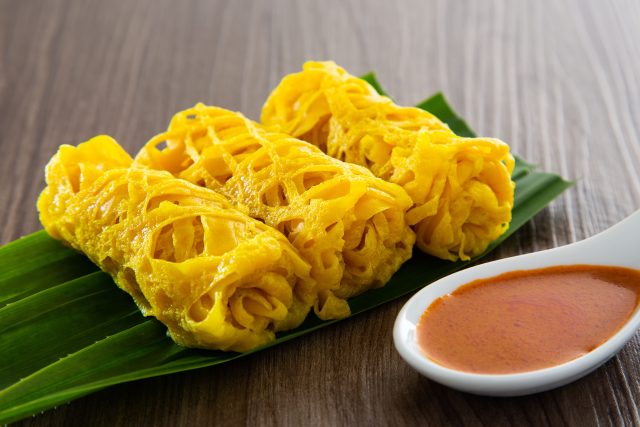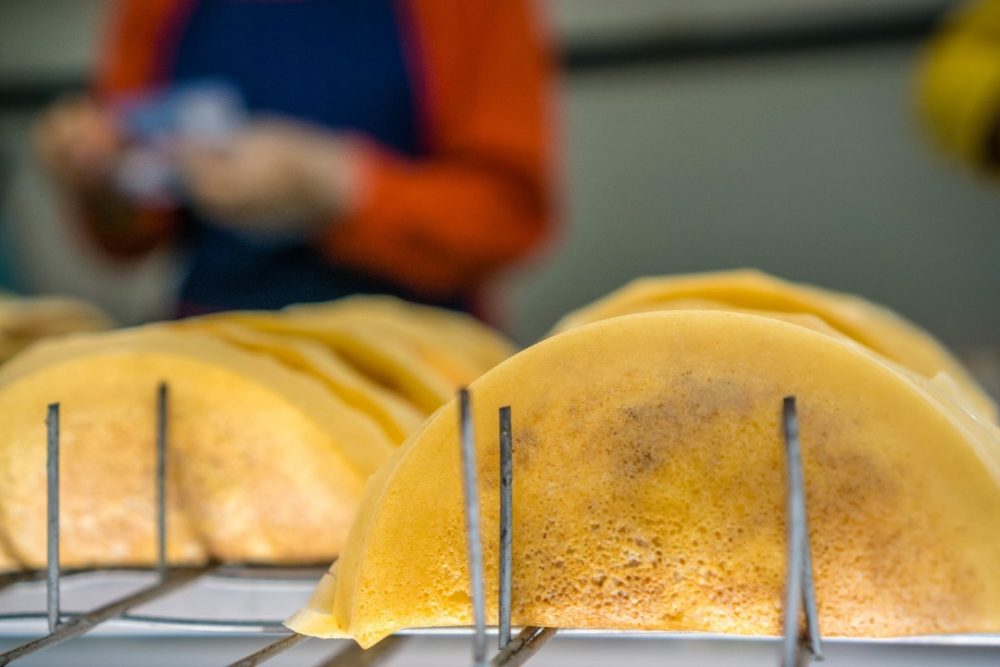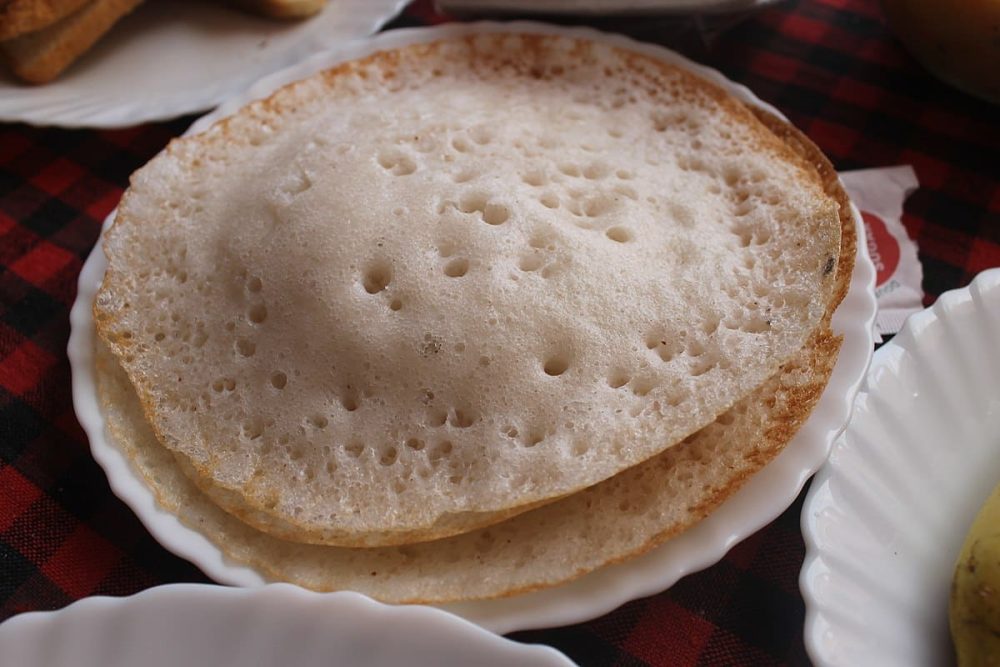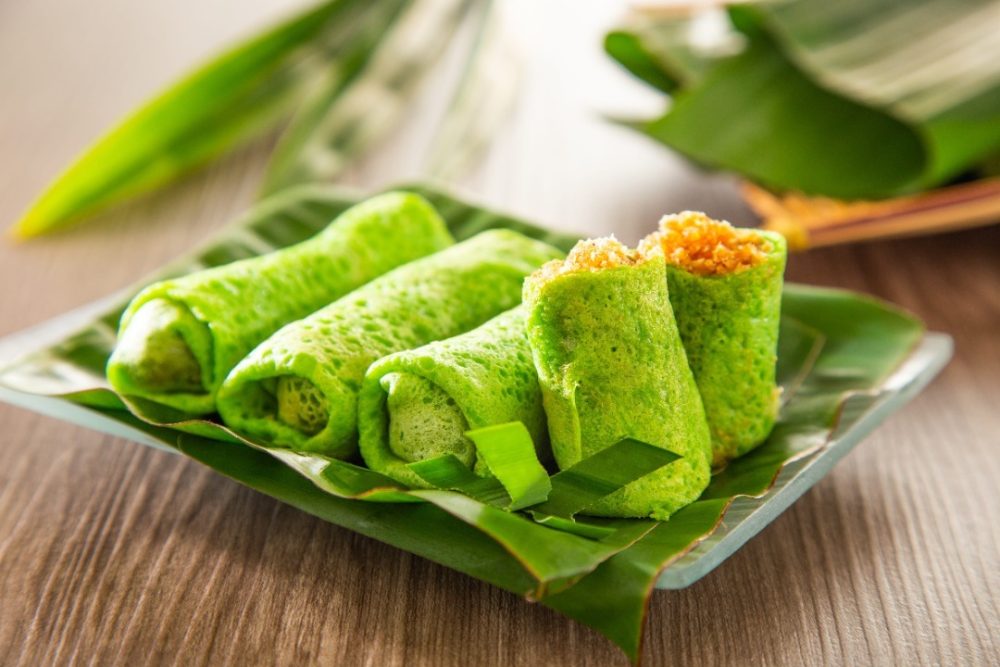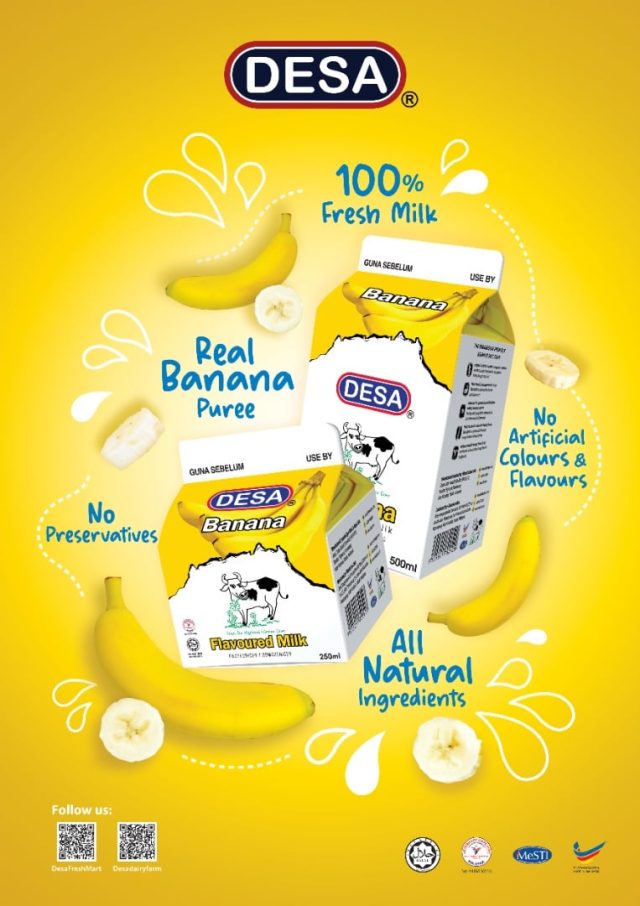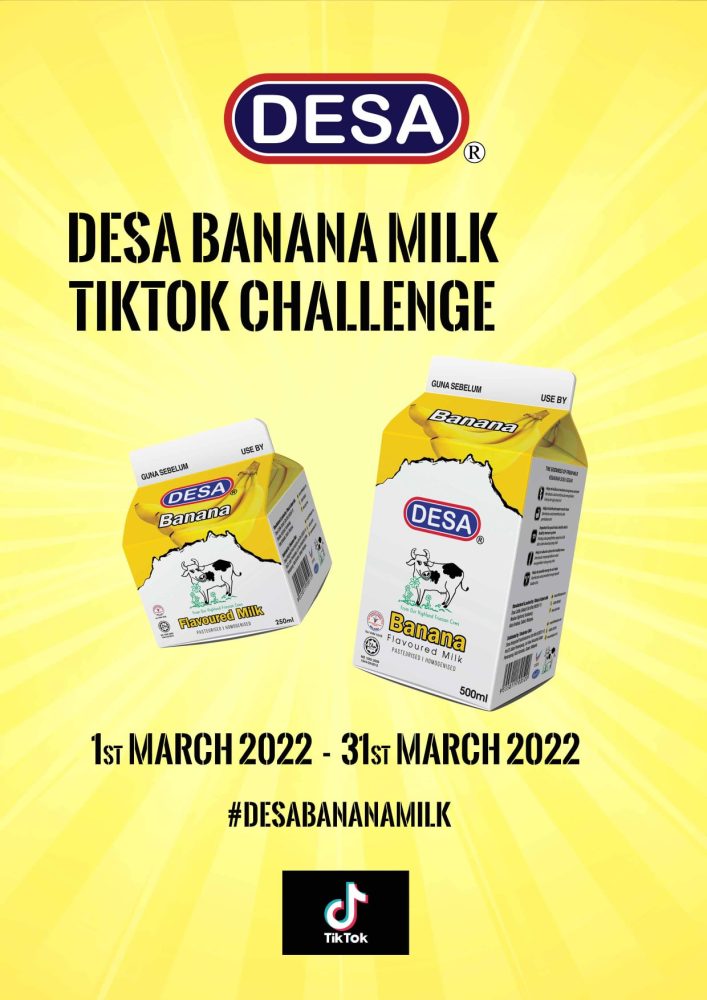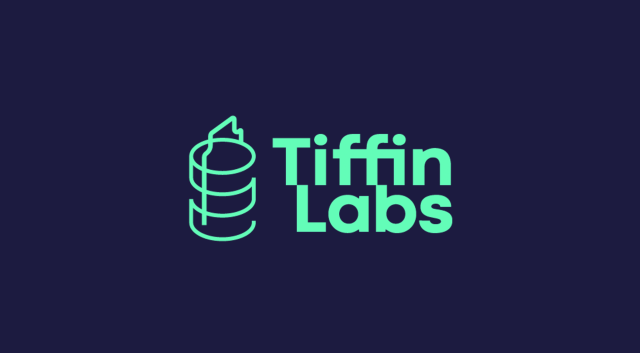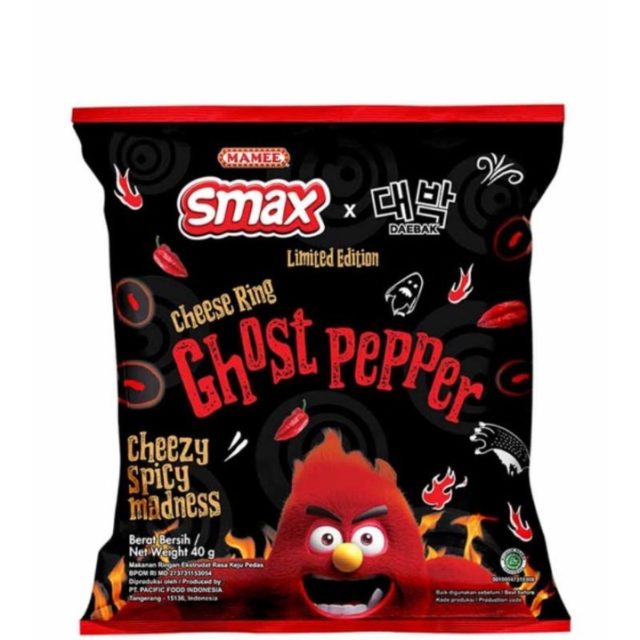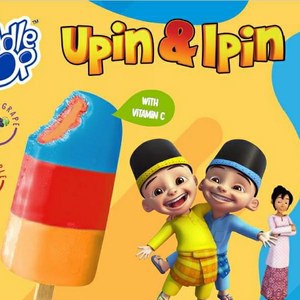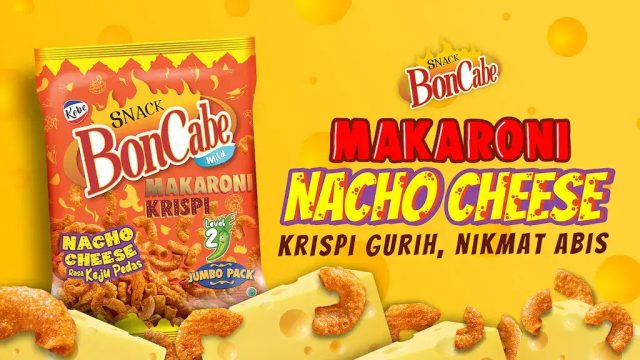#BreakTheBias: Celebrating the Women of HEINEKEN Malaysia
Brewer launches mini-series featuring the stories of six women across different stages of their careers
8 March 2022
Heineken Malaysia Berhad (HEINEKEN Malaysia) continues its commitment to champion
diversity, equity, and inclusion (DEI) this International Women’s Day (IWD) by stepping up to be a part of the #BreakTheBias movement. Recognising how gender bias is a roadblock on the path towards a culture of inclusiveness, the brewer brings to the fore voices of women to share their stories, experiences, and reflections on how Malaysian businesses can help level the playing field.

Walking the talk, the brewer had also identified its 2022 DEI targets in line with this year’s IWD theme #BreaktheBias. Victoria Ang, the People Director at HEINEKEN Malaysia said, “As a progressive and responsible organisation, we champion social sustainability by including our people on our DEI journey. While we continue to work towards training 100% of our people leaders on inclusion practices, we also activate selected employees from each department as Inclusion and Diversity Ambassadors, who are empowered to host inclusion sessions to gather the thoughts and experiences of our employees on DEI. By 2023, we target to grow our organisation to reach at least 30% women while continuing to ensure meritocracy in talent acquisition, particularly in supporting more women in our Sales and Supply Chain functions.”
The #BreaktheBias stories of HEINEKEN Malaysia’s women will be shared as a social media series with the aim to provide opportunities for women employees and leaders to shed light on the challenges they have faced in the past and how they overcame them throughout their career. The stories originate from inspiring women from various stages of their careers working in traditionally male-dominated fields such as engineering, technology, sales, and packaging. Through these stories, HEINEKEN Malaysia aims to #BreaktheBias in Malaysia, calling for Malaysian companies to push for gender equality, and empower women for generations to come. The series will be available on HEINEKEN Malaysia’s Facebook, Instagram, and LinkedIn pages throughout the month of March.

Janina Vriesekoop, Digital and Technology (D&T) Director for HEINEKEN Malaysia highlighted that social progress and advancement cannot be achieved without diversity and inclusion. She said, “In the workplace, everyone has a contribution to make. It’s important that we accept, respect, and embrace different insights and strengths to get the best results. At the forefront of our digital transformation are many talented women in our Digital & Technology team. Women are just as capable as men in STEM and have much to contribute.
Selina Ng, Senior Key Account Manager for Modern Off-Trade, who is one of the six whose
stories will be featured, added that it’s important to have women representation in leadership roles within a company, as it encourages a fresh perspective. “One of the largest challenges that women face at work is being stereotyped based on gender. It’s important to have diverse and inclusive leaders who believe that both men and women can perform at work regardless of gender.”
Beyond IWD, HEINEKEN Malaysia remains committed to championing DEI throughout the year. In 2021, 80% of people leaders in HEINEKEN Malaysia received inclusive leadership training, where leaders learned to identify gender biases at the workplace and ways to mitigate the situation. The efforts are also supported by the brewer’s global community of Functional Inclusion & Diversity Ambassadors who collaborate on promoting inclusive practices and gender equality at the workplace.
In terms of representation, 43% of HEINEKEN Malaysia’s Board of Directors are women, in addition to a 50:50 male to female ratio in the middle to senior management positions. The brewer is also ranked number two out of 312 Bursa listed companies in the Board Diversity Index 2021. In 2021, HEINEKEN Malaysia also joined the 30% Club, demonstrating that the brewer is not just committed internally but actively plays a bigger role in influencing as well as sharing of best practices with other companies.
Externally, HEINEKEN Malaysia also supports organisations advocating the empowerment of women. As part of the HEINEKEN Cares programme, the brewer joined hands with Soroptimist International Damansara (SID), an organisation with the goal to Educate, Empower and Enable opportunities for women. In 2021, SID was one of eight partner organisations that collaborated on the HEINEKEN Cares food aid programme, which successfully channeled 255,000 meals and essential care packages to communities and families affected by the pandemic as well as the flood disaster in December last year.
In conjunction with IWD 2022, HEINEKEN Malaysia also organised two dialogue sessions
internally to raise awareness and initiate action on the topic of DEI. The first session, a virtual dialogue with SID, was held on 7 March. SID speakers Dr Saradha Narayanan, Suganthini Masilamoney, and Kalavathy Subramaniam shared with HEINEKEN Malaysia employees about the challenges faced by women in modern day society as well as the work of Soroptimist International in empowering women in rural and underprivileged communities through education as well as improving access to participation in the local economy. The second session, called “Venus vs Mars” was held on 8 March, featured three men and three women colleagues who had a lively exchange on how HEINEKEN Malaysia can #BreakTheBias by calling out biases, smashing stereotypes and rejecting discrimination.
For more information on HEINEKEN Malaysia and the company’s initiatives, please visit
www.heinekenmalaysia.com.

